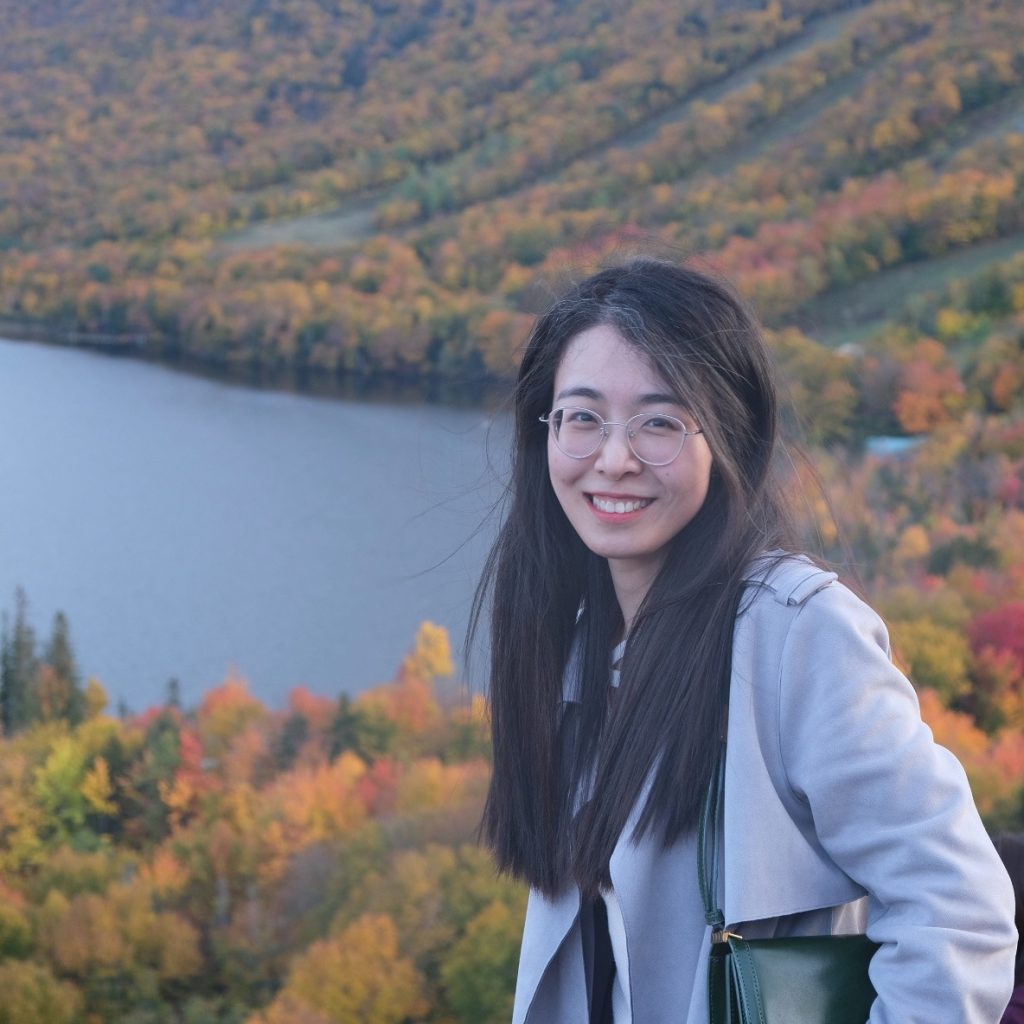Meet our faculty members in Asian Studies and learn more about their background and passions! In this Faculty Spotlight, we introduce you to Dr. Xiaoqiao Xu, Lecturer in Modern Chinese Literature and Cinema! She shares with us her passion for playwrights, theatre, and Chinese film and literature.


Skip to:
Can you tell us what you will be teaching in the UBC Department of Asian Studies?
What do you want students to gain out of your courses?
What are some other interests you enjoy pursuing outside of your work?
Could you tell us a little about your academic background prior to joining UBC Department of Asian Studies? What brought you to Asian Studies?
I studied English language and literature at Sichuan University, where my fascination grew towards early modern world literatures. Subsequently, I pursued a master’s degree at University College London, immersing myself in London’s diverse theatres that staged Greek drama and Shakespeare’s plays. In the meantime, I started to wonder the presence of female playwrights – by that time I watched Thunderstorm (written by Cao Yu in 1930s) staged by Shanghai Opera House in London and was immediately impressed by Fanyi’s speech on women’s struggles, though I have read the text many times before. This experience prompted a dedicated exploration into the works of early modern and modern female playwrights, ultimately leading me to decide on pursuing doctoral studies in comparative literature.
My time in Connecticut afforded me interdisciplinary training encompassing comparative literature, history, and gender studies. Additionally, I had the privilege of teaching and co-teaching a range of courses, from Classics of World Literature to Chinese Film. This teaching experience provided me with a holistic understanding of students’ needs and inspired me to further delve into making course materials more accessible.
Asian Studies at UBC has so much to offer, to name a few, abundant course offerings, interdisciplinary methodologies, and a vibrant student body. I am eager to be part of such a thriving community, and I am enthusiastic about gaining insights from individuals with diverse backgrounds.
What inspires you to teach?
Teaching and learning inform one another. I have been learning from students, be it popular culture that they are interested in or different teaching methods they desire for. This always pushes me to learn how to better make the classroom an interactive space for both students and teachers.
My passion to teach has also been greatly influenced by my own experiences as a student. I owe deeply to my teachers, who spared effort into enlightening my interest in Chinese literature and cinema, and modeled what teaching should be like. During the AI era, I am motivated to modify my teaching strategies, utilize cutting-edge technologies, and encourage inclusivity. I also firmly believe in human interactions and mutual trust. I hope to offer my students support and direction, fostering an inclusive and empowering environment in which they can thrive.
Can you tell us what you will be teaching in the UBC Department of Asian Studies?
I will be teaching Modern Chinese Fictions in Translation (ASIA 351), and History of Chinese Cinema (ASIA 355) in Winter Term 1 and 2. Through reading literature and watching films, we will delve into multifaceted narratives of individuals and communities, learning about and reflecting upon their struggles, aspirations, and responses to a rapidly changing world. We will also engage in meaningful dialogues and connect with individuals from different backgrounds, fostering mutual understanding and appreciation.
In Winter Term 2, I will teach Global Chinese Cinema (ASIA 375) in addition to ASIA 351 and ASIA 355. In ASIA 375, where we will look beyond national cinema and gain insights into the complexities of transnational film making and its intricate relationship with global dynamics. I look forward to seeing you there!
What do you want students to gain out of your courses?
Students will be able to gain cultural and historical knowledge of greater China, which will help them to better understand Chinese modernity and today’s China. I am committed to cultivating critical thinking and problem-solving skills. My courses are designed to inspire students to ask questions and explore new perspectives. Through deep reading of literary works and films, students are encouraged to form their own understanding with analysis and evidence, which also motivate them to consider the ethical implications of their actions and decisions. I also hope to nurture a sense of curiosity and passion for lifelong learning so that students will continue their intellectual journey beyond the classroom.
What are some other interests you enjoy pursuing outside of your work?
I love going to the theatre, particularly small theatres. I also love learning languages and cultures, exploring nature and baking!


